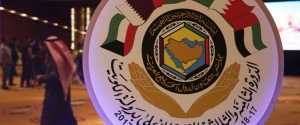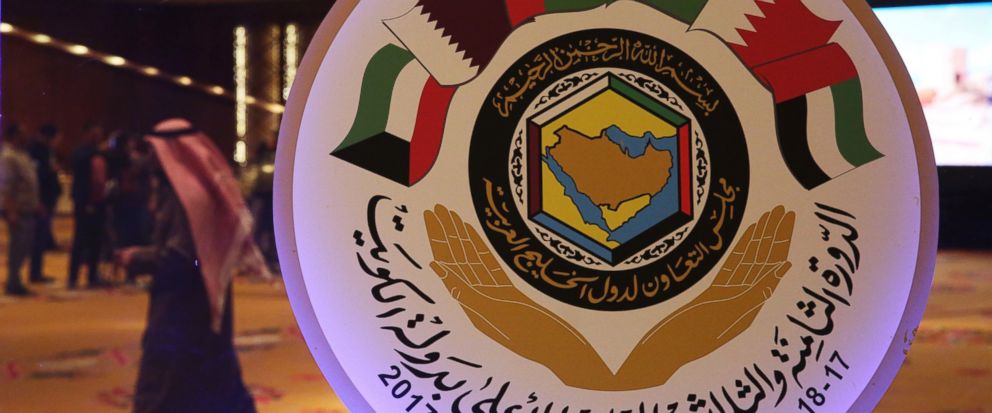 The Latest on the developments surrounding the Gulf Cooperation Council meeting in Kuwait (all times local):
The Latest on the developments surrounding the Gulf Cooperation Council meeting in Kuwait (all times local):
1:40 p.m.
Rulers of the three Gulf nations now boycotting Qatar have skipped a summit of the Gulf Cooperation Council being held in Kuwait, sending instead deputies or other representatives.
Bahrain, Saudi Arabia and the United Arab Emirates all sent lower-ranking officials to the GCC meeting Tuesday in Kuwait City.
That’s despite Qatar’s ruling emir, Sheikh Tamim bin Hamad Al Thani, attending the meeting overseen by Kuwaiti emir Sheikh Sabah Al Ahmad Al Sabah.
Ahead of the start of the GCC meeting in Kuwait, the United Arab Emirates announced it had formed a new, military and economic alliance with Saudi Arabia — a move that could undermine the GCC.
———
10:15 a.m.
The United Arab Emirates says it has formed a new “joint cooperation committee” with Saudi Arabia to partner on economic and military issues, separate from the Gulf Cooperation Council.
The Emirati Foreign Ministry made the announcement early on Tuesday ahead of a GCC meeting in Kuwait, saying it was approved by the UAE’s ruler and president, Sheikh Khalifa bin Zayed Al Nayhan.
Saudi Arabia did not immediately report on the new partnership.
It wasn’t immediately clear how the announcement could affect the six-member GCC meeting, which is expected to focus on the diplomatic crisis that has engulfed member-state Qatar.
———
8 a.m.
Kuwait is preparing to host a crucial meeting of the six-nation Gulf Cooperation Council as half of its members are still boycotting fellow member-state Qatar.
The meeting is to begin on Tuesday but the fact that it will take place at all comes as a surprise, given the unusually sharp criticism among the typically clubby members of the GCC pointed at Doha.
That alone, however, won’t be enough to salvage the GCC, a group of American-allied Gulf Arab nations formed in part in 1981 as a counterbalance to Shiite power Iran.
The U.S. and its European allies all have told the council’s members that the region remains stronger with them working together as a whole, while the countries themselves still appear divided over their future.


